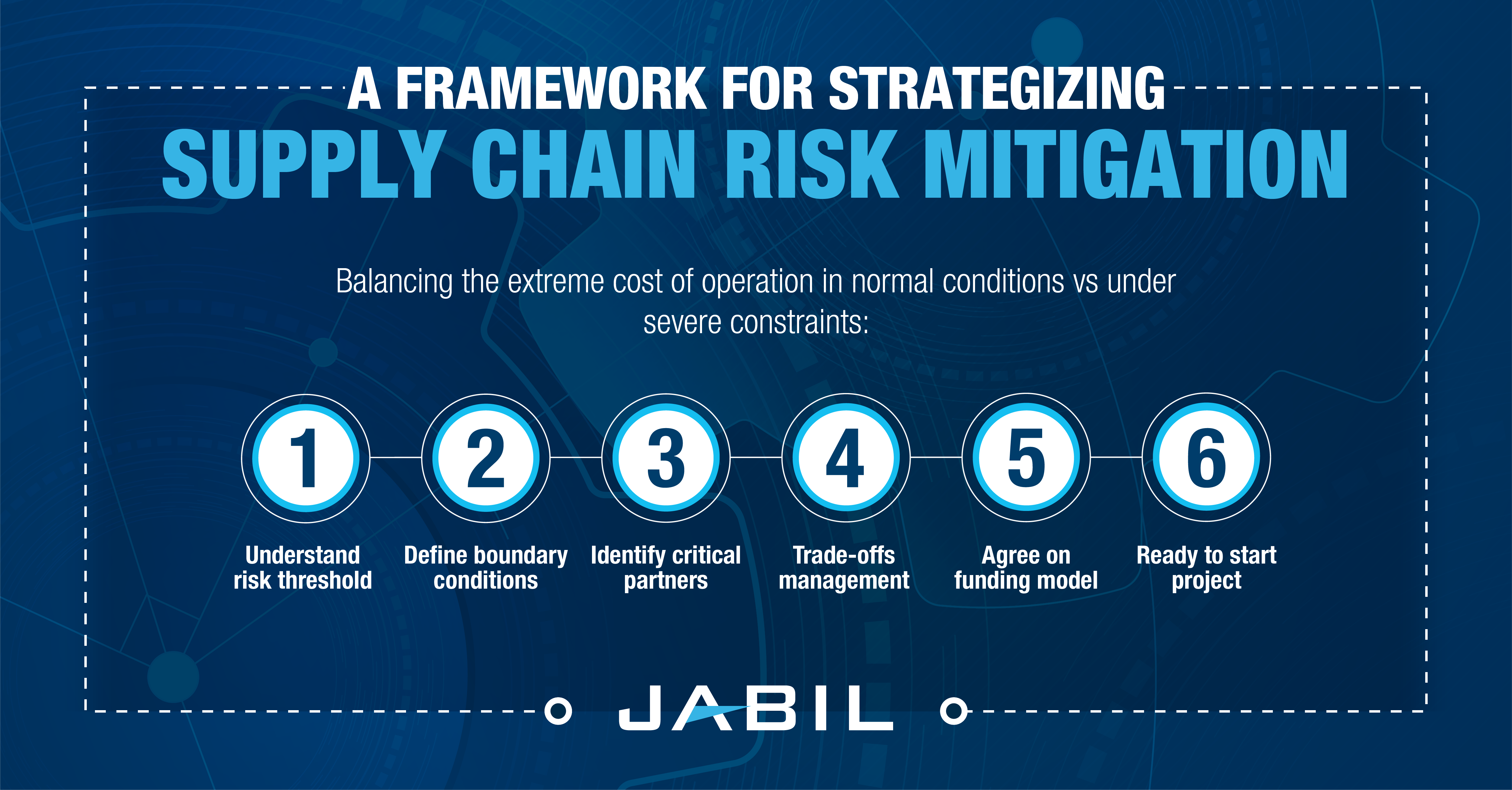In today’s fast-paced and globalized business environment, supply chain operations play a critical role in the success of any organization. However, with increased complexity and interconnectedness in supply chains, the potential for risks and disruptions has also grown. It is crucial for companies to implement effective risk management strategies to mitigate these risks and ensure smooth operations.
Understanding Supply Chain Risks
There are various types of risks that can impact supply chain operations, including:
Supplier Risks: These include issues such as supplier bankruptcy, quality issues, or disruptions in the supply chain.
Logistical Risks: These risks involve transportation delays, natural disasters, or political unrest that can affect the movement of goods.
Financial Risks: Fluctuations in currency exchange rates or changes in market conditions can impact the financial health of supply chain operations.
Regulatory Risks: Changes in regulations or compliance requirements can lead to disruptions in supply chain operations.
Implementing Risk Management Strategies
To effectively manage risks in supply chain operations, companies should adopt the following strategies:
1. Risk Assessment
Conduct a thorough risk assessment to identify potential risks in the supply chain. This involves analyzing the likelihood and impact of each risk scenario and prioritizing them based on their significance.
2. Supplier Relationship Management
Establish strong relationships with suppliers and regularly assess their performance and financial stability. Diversifying the supplier base can also help mitigate risks associated with a single source of supply.
3. Supply Chain Visibility
Implement technology solutions such as supply chain management software to improve visibility and transparency across the supply chain. Real-time tracking of goods and data analytics can help identify potential risks and proactively address them.
4. Contingency Planning
Develop contingency plans for different risk scenarios to ensure business continuity in case of disruptions. This may involve identifying alternative suppliers, rerouting shipments, or setting up backup facilities.
5. Compliance and Risk Monitoring
Regularly monitor regulatory changes and compliance requirements to ensure that supply chain operations are in line with legal standards. Implementing a risk monitoring system can help detect early warning signs of potential disruptions.
Benefits of Effective Risk Management
By implementing robust risk management strategies in supply chain operations, companies can reap the following benefits:
Improved efficiency and cost savings through optimized supply chain processes.
Enhanced resilience and agility to adapt to changing market conditions and disruptions.
Increased customer satisfaction through reliable and on-time delivery of products.
Reduced financial risks and potential losses associated with supply chain disruptions.
Conclusion
Risk management is a crucial aspect of supply chain operations that can have a significant impact on the overall success and sustainability of a business. By understanding and mitigating potential risks, companies can build a resilient and agile supply chain that can withstand unexpected disruptions and ensure smooth operations. Adopting proactive risk management strategies will not only protect the business from potential losses but also create opportunities for growth and improvement in the long run.

